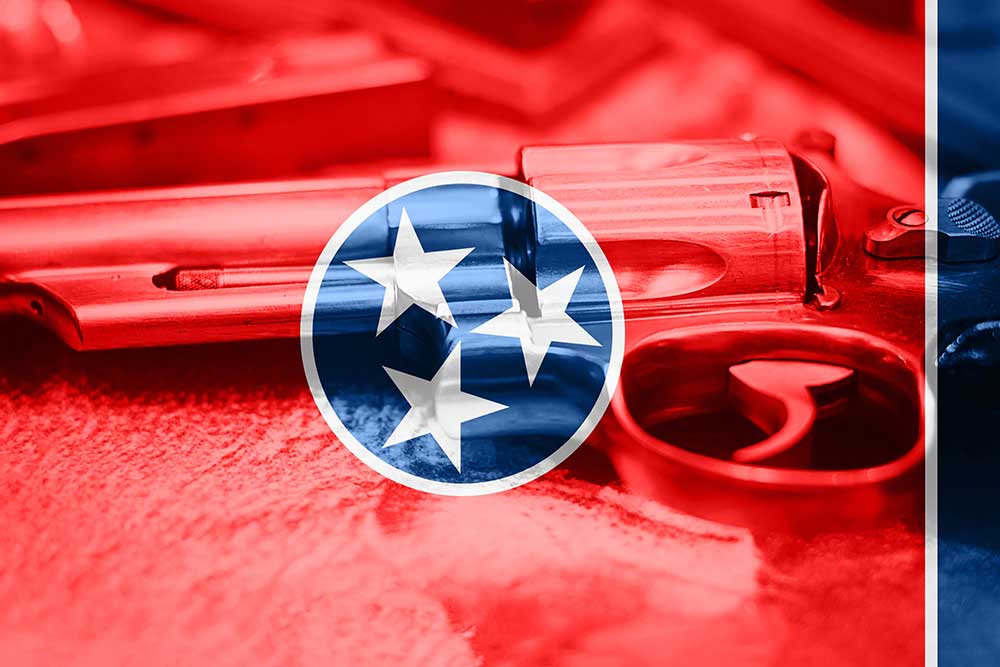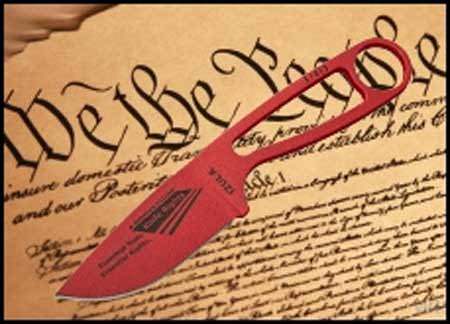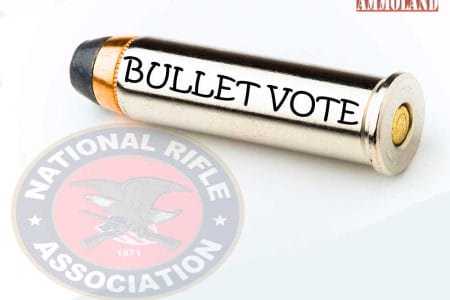
On Friday, April 26, 2024, Governor Bill Lee signed the popular school reform bill that would allow a few voluntary, highly regulated school staff to carry concealed firearms to protect the children under their care. The reform bill moves Tennessee from the few states that completely ban school staff from carrying concealed firearms to those states that allow staff to protect their children but with extreme restrictions. Most states have programs that are much less restrictive than the bill signed by Governor Lee.
The bill, SB1325/HB1202, was popular in the state legislature, where it was passed with veto-proof majorities. The bill is much more restrictive than the requirements for ordinary police officers’ firearms training. Initially, volunteers who wish to protect the children in their care must complete 40 hours of firearms training, as much as ordinary police officers. Current or former police officers who are school staff are exempt from this initial training.
Each volunteer must complete an additional 40 hours of training every year. The volunteer or their school must pay for the training. Police departments are not required to provide the training for free. Most police officers do not receive an additional 40 hours of firearms annual training. Most have between 1 and 8 hours of qualification hours a year, which is testing, not training.
The staff volunteers who wish to be able to protect the children in their care must willing to take a week of time off to train each year (or, perhaps five days of week-ends), and to pay for the training out of their own pocket, every year, at a local police department. From the bill, as signed by Governor Bill Lee:
(D) Have successfully completed forty (40) hours in basic training in school policing as required by § 49-6-4217 when the authorization to carry a handgun on school grounds is issued. The faculty or staff member must complete a minimum of forty (40) hours of training specific to school policing that has been approved by the peace officer standards and training (POST) commission each year to retain the authorization. Any such training must be approved by the LEA and the cost of the training, firearm, and ammunition is at the expense of the person seeking authorization to possess and carry a concealed handgun on school grounds, not the LEA of the school at which the person is assigned;
Effectively, only those schools who are willing to pay to have staff attend an annual 40 hours of training (which will likely include travel expenses) will have armed staff under this bill. This requirement makes Tennessee one of the most restrictive states in the nation, other than those that completely ban staff from carrying concealed weapons to defend the children in their care.
Even this mild and modest reform bill was adamantly opposed by those who desire an unarmed population. Their major argument was “Guns are Bad.” From a student activist group in the Tennesseean:
We have elected these legislators to serve us, and yet nothing we have done has made them listen. We students are educated, we are intelligent, and we are opposed to the existence of guns in schools. We refuse to be political bargaining chips to serve misguided purposes.
It is unlikely primary and secondary school students are old enough to have voted in the last election. Who has impressed upon this small group of activist students the idea that “Guns are Bad”? Why should minors with little experience, who are notoriously gullible and malleable, be given any credence in a public debate about policy matters? This correspondent explained the mindset in a previous essay.
This bill is a small and minor step toward effectively protecting students in Tennessee’s primary and secondary schools.
About Dean Weingarten:
Dean Weingarten has been a peace officer, a military officer, was on the University of Wisconsin Pistol Team for four years, and was first certified to teach firearms safety in 1973. He taught the Arizona concealed carry course for fifteen years until the goal of Constitutional Carry was attained. He has degrees in meteorology and mining engineering, and retired from the Department of Defense after a 30 year career in Army Research, Development, Testing, and Evaluation.







don’t you love how some will have to take time off and maybe pay for it themselves. still it’s a nose in the tent. more to follow i hope, in our rapid and aggressive march through the institutions.
I can understand the politicians wanting excessive training to minimize the risk of an innocent being shot by school staff and all the fallout that would ensue. I don’t understand the restrictions on who pays for the training, other than blowback from the antis on using tax dollars for it. But the antis will be up in arms anyway so it makes no sense.
Do the staff members who successfully complete this extra training get paid for taking on this extra responsibility…?
Probably not if they have to pay for training out of their own pockets.